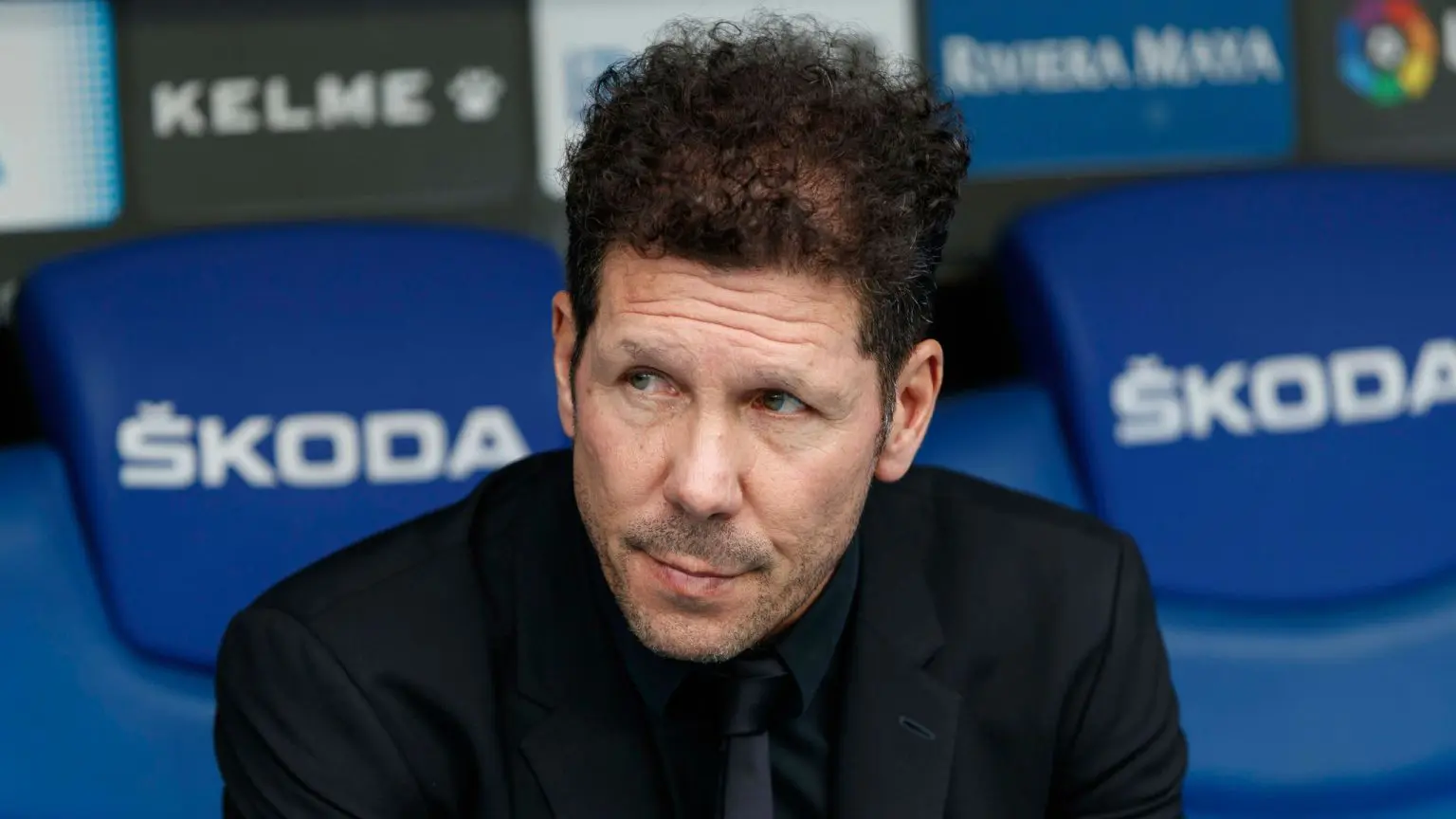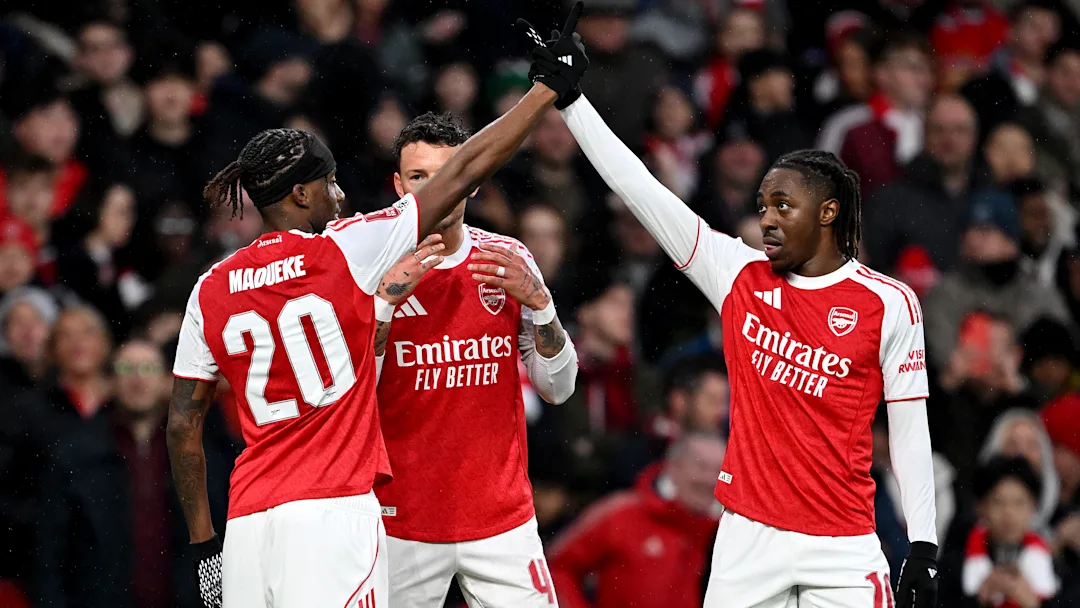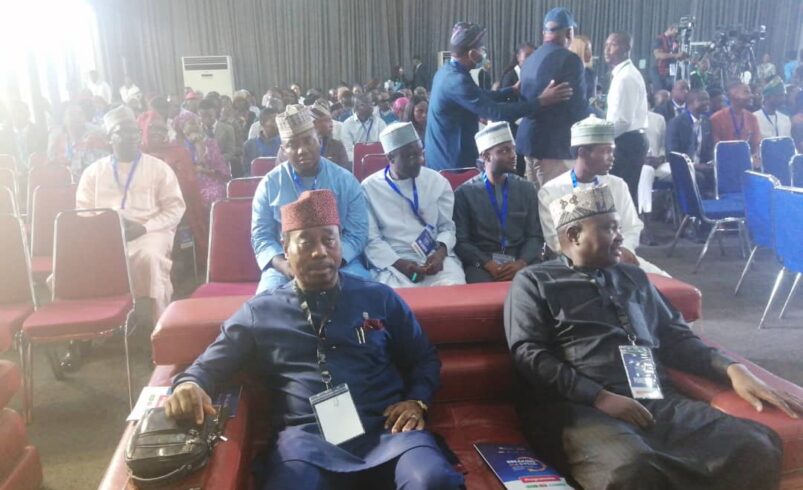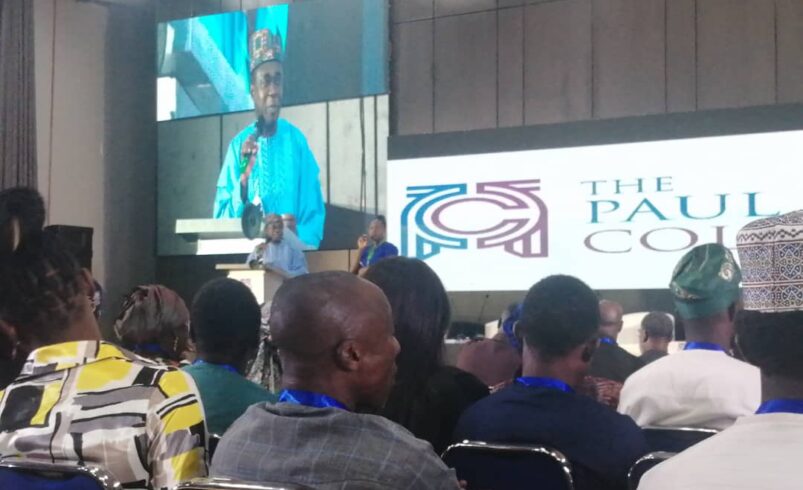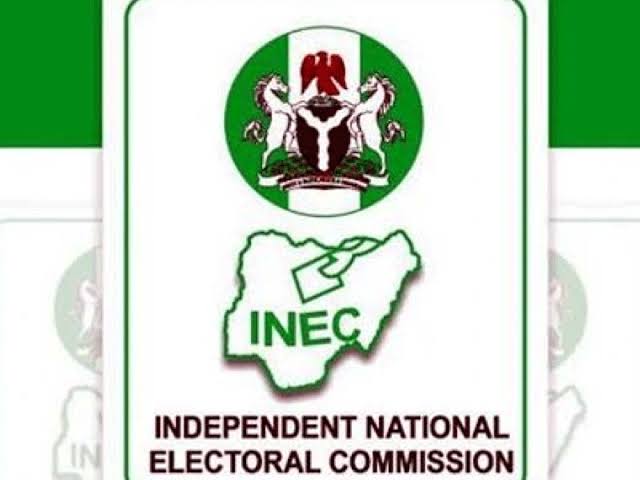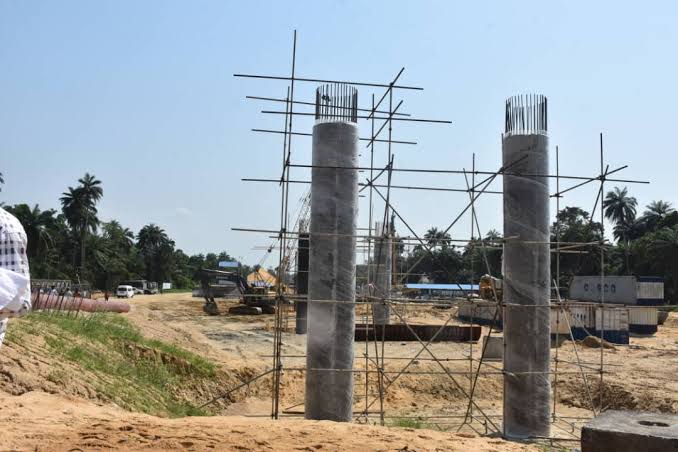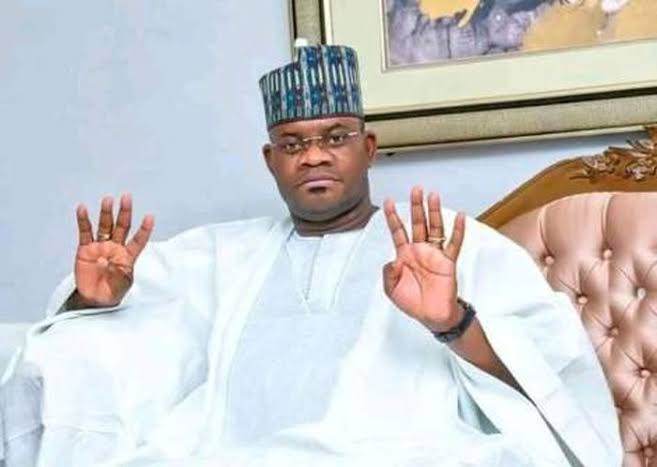By Goodluck E. Adubazi, Abuja.
Former Labour Party presidential candidate, Mr. Peter Obi, has warned that Nigeria is trapped in a self-inflicted poverty cycle and risks national collapse unless it urgently transitions “from consumption to production.”
Speaking virtually from Spain during the 2nd Edition of the Paul Alaje Colloquium 2025, held at the NAF Conference Centre in Abuja on Saturday, November 15, Obi said Nigeria has fallen far behind other nations with fewer resources but stronger institutions and leadership.
Delivering his keynote on “Breaking the Cycle: How Nigeria Can Lead Africa from Poverty to Prosperity,” the former Anambra State governor said Nigeria’s poverty is rooted in a fundamentally unproductive economy.
“Nigeria Is Not Productive”
Obi lamented that despite Nigeria’s enormous arable land, only about 60 percent is being utilized, and even that is under-optimized.
To illustrate the scale of Nigeria’s economic underperformance, he compared the country with global peers:
The Netherlands — with just 33,000 square kilometres — earns over €120 billion annually from agricultural exports, nearly three times Nigeria’s oil earnings.
Niger State, Nigeria’s largest state with 76,300 square kilometres, is more than twice the size of the Netherlands, yet contributes very little to productive output.
Bangladesh, roughly the size of two Nigerian states (Niger and Borno), produces 10 times more rice than Nigeria.
“This is unacceptable,” Obi said, arguing that Nigeria’s revival must be anchored on agriculture, manufacturing, and export-driven production.
“When a country becomes productive, revenue grows naturally. SMEs thrive. Jobs are created. Demand increases. That’s the economy we must build,” he said.
Education Crisis: “20 Million Out-of-School Children Are a Future Disaster”
Obi described the estimated 20 million out-of-school children in Nigeria as a “ticking time bomb,” warning that no nation can develop with such a staggering education deficit.
He noted that Nigeria’s life expectancy — about 64 years — remains among the lowest globally, far below countries like Indonesia and China that have made major gains through education and health investments.
“The more educated a society is, the more developed it becomes. We cannot drive a 21st-century knowledge economy with millions of uneducated children,” he said.
Governance Crisis: “Leadership Is Weak, Waste Is Too Much”
Obi accused successive Nigerian leaders of lacking competence, discipline, and accountability.
He said while reforms such as fuel subsidy removal and naira floatation were necessary, their benefits have been swallowed by “fiscal rascality” and government waste.
“You cannot tell citizens to fast while people in government are feasting,” he said.
“Public money must be used for public good — health, education, and poverty alleviation must be the priority.”
Obi added that nations that dominate the future will be those that invest in innovation, technology, and creativity, insisting that Nigerian youth possess the capacity to compete globally if given the right support.
“These young boys and girls have the innovation Nigeria needs. With direction and investment, they can build world-class enterprises,” he said.
On National Unity: “No Tribe Buys Cheaper Bread — Only Abuja Elites Benefit From Division”
Obi condemned the use of ethnicity and religion to divide ordinary citizens, stressing that economic hardship is universal across the country.
“No tribe buys bread cheaper. No religion buys petrol at a discount,” he said.
“The only people benefiting from division are those in Abuja.”
He called for a united country where “a child of nobody can become somebody” through hard work, merit, and equal opportunity.



